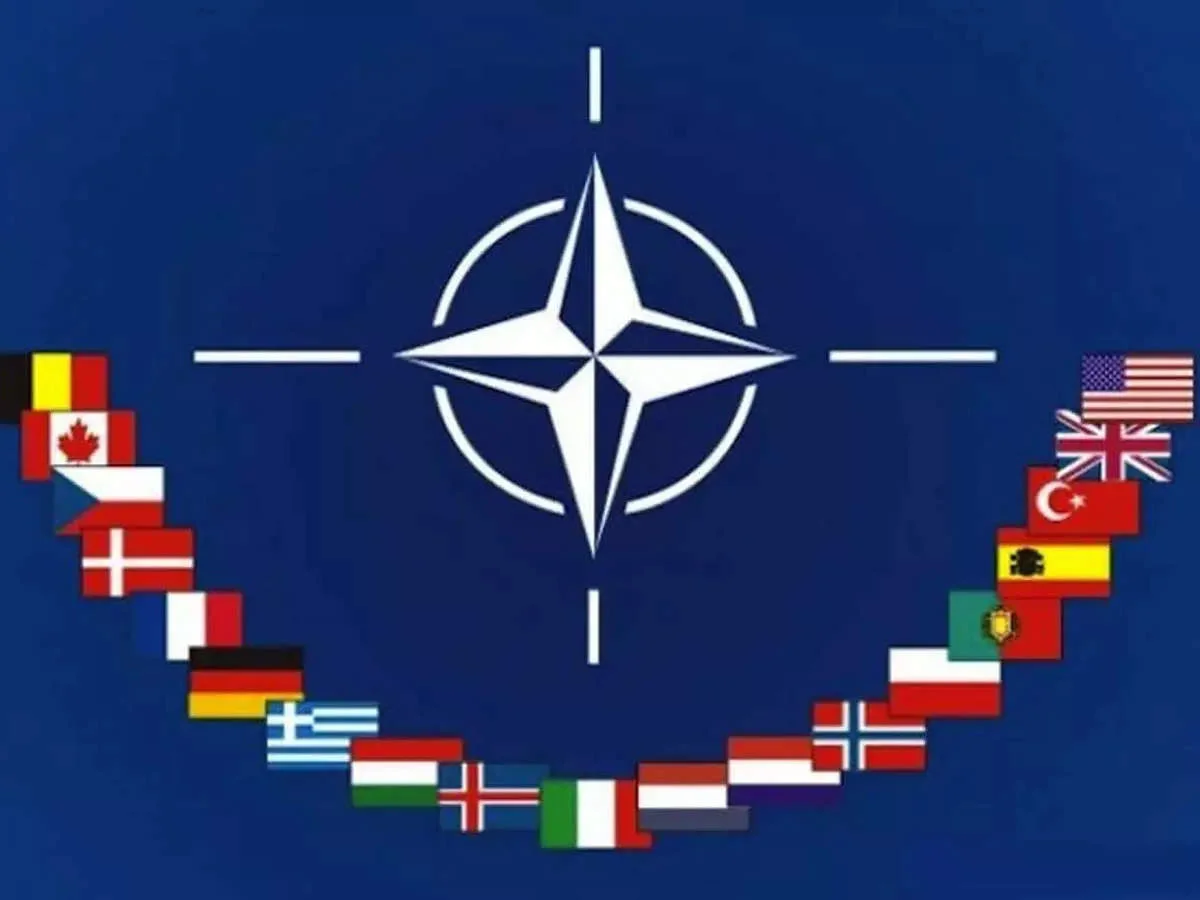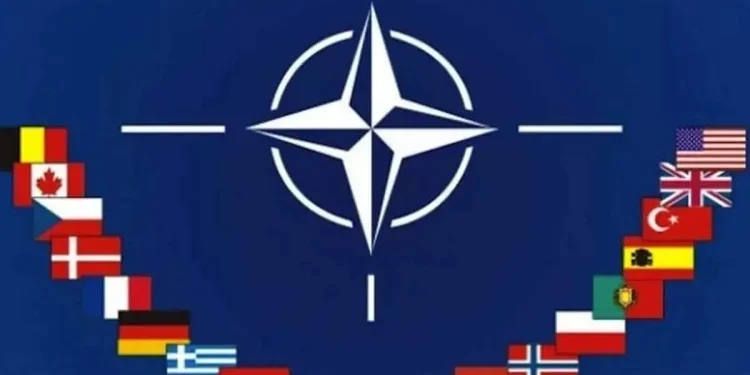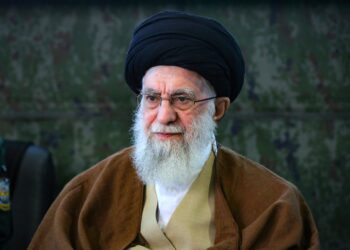The tension around Germany accusing Russia while Moscow fires back saying NATO fear is manufactured grew louder on Friday after Russia dismissed new comments from a top German general, calling them empty threats meant to scare the public. The exchange shows how both sides are now using statements, not just weapons, to push their own message.
What Started the Latest Dispute
The new quarrel began when a German general, Alexander Sollfrank, said Russia could launch a small attack on NATO territory “as early as tomorrow.” He said this depended on how the West acted, but he also suggested that Moscow had the strength to make such a move if it wanted.
These remarks were not ignored. Russia came out strongly, saying the claims were baseless and designed to spread fear. For Moscow, this kind of statement is another sign that some Western leaders want their people to believe an attack is coming, when Russia insists it has no such intention.

Russia’s Pushback
The Russian Foreign Ministry reacted the way it usually does in these situations, with a mixture of anger, sarcasm, and accusation.
Foreign Ministry spokeswoman Maria Zakharova said Russia had no plan to attack any NATO state. Instead, she accused NATO of pushing its military closer to Russia’s borders, making Russia feel unsafe.
She also mocked the German general’s remarks, saying leaders like him use dramatic comments to hide their own failures. Her argument was simple: if you convince your people that Russia is about to attack, then you can justify more weapons, more spending, and more military presence.
NATO’s Shadow in the Background
One thing that keeps coming up is how NATO’s actions shape Russia’s reactions. Russia believes NATO keeps expanding its military presence, while NATO says it is only protecting its members.
This is why the argument about Germany accusing Russia becomes complicated. Both sides believe they are the ones acting defensively. Both sides also believe the other side is exaggerating the threat.
A Message to the Public
The way Russia responded shows that this is not just a military back-and-forth. It is also about shaping public opinion.
When Moscow calls the fear of a Russian attack “manufactured,” it is saying Germany and its allies are creating a story to control the public mood. From Russia’s view, this kind of messaging gives Western governments an excuse to increase military budgets and shift attention away from their own problems.
What This Means Going Forward
This exchange adds to the long list of warnings and counter-warnings between Russia and NATO countries. Nothing new was started on the ground, but the words themselves carry weight.
Each time a Western general talks about a possible attack, Russia replies with anger. Each time Russia pushes troops near its borders, NATO reacts with concern. It is a cycle that has become predictable but still dangerous.

















